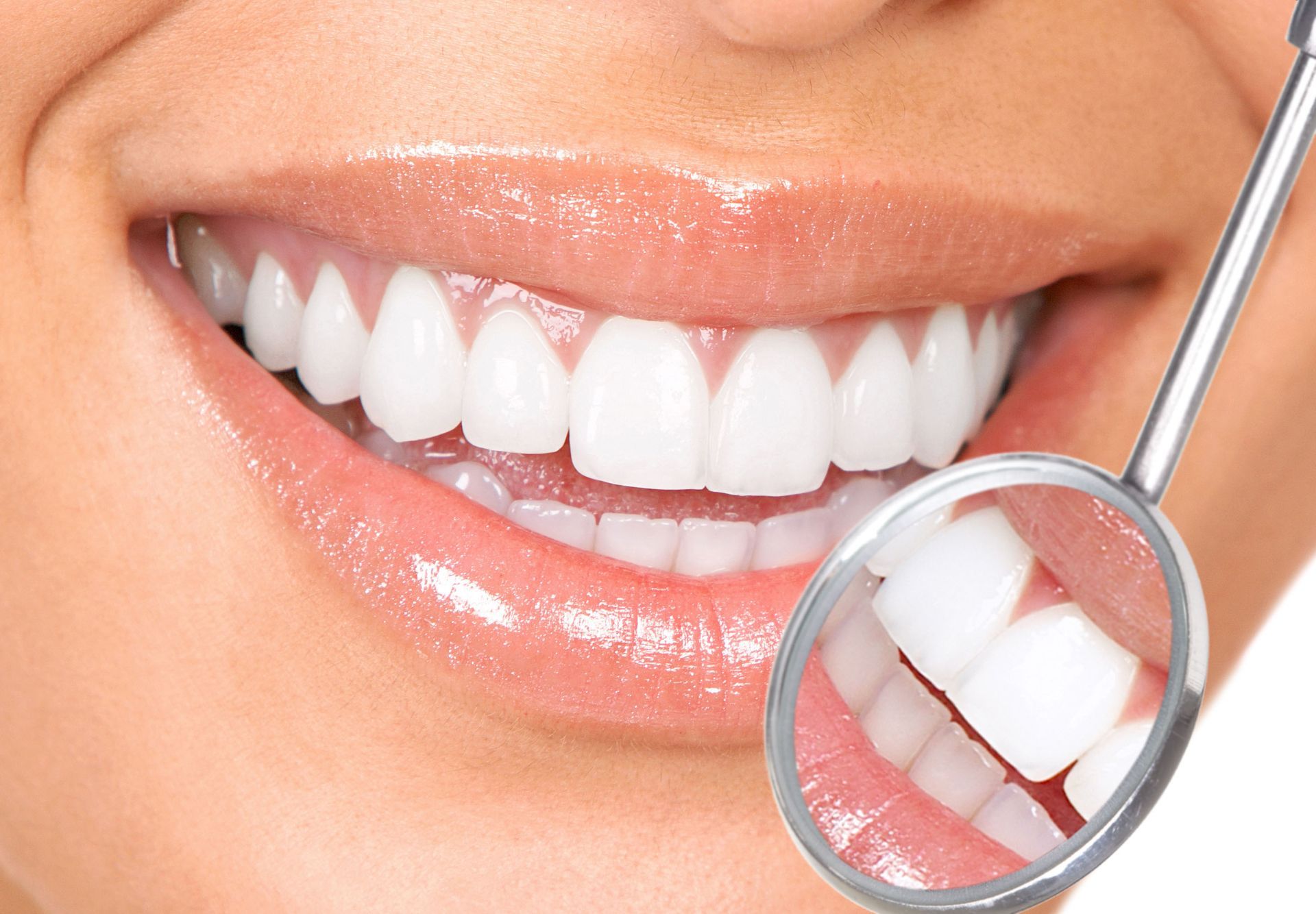Signs That You May Have a Cavity
Cavities, also known as caries or tooth decay, are one of the most common dental issues people face globally. They can occur at any age, affecting both children and adults alike. While regular dental checkups are essential for early detection, there are some signs and symptoms that you might notice yourself. Recognizing these early warning signs can help you seek treatment promptly, preventing further dental problems.
Pain and Sensitivity
One of the first signs of a cavity is noticeable tooth pain or sensitivity, especially when consuming hot, cold, or sweet foods and beverages. This discomfort occurs because the decay process eats away at the tooth enamel, eventually reaching the inner layers, where nerve endings are more exposed. If you've been wincing frequently while eating your favorite ice cream or morning coffee, it may be time to take it seriously and consult a dentist.
Visual Changes
Visual changes in your teeth can also indicate the presence of a cavity. Often, cavities start as small, opaque spots on the surface of your teeth and may gradually evolve into noticeable pits or holes. These changes occur as acids from plaque bacteria erode the tooth enamel. If you observe dark spots or visible openings in your teeth, they could be signs of decay. Alarmingly, more than 1 in 4 U.S. adults have untreated dental cavities, according to the Washington Post. Catching these visual indicators early can prevent the need for more extensive dental work.
Bad Breath
Persistent bad breath or a foul taste in your mouth could also be a symptom of dental cavities. As bacteria and food particles build up in the cavity, they can release odors that linger, regardless of how frequently you brush your teeth. If regular oral hygiene practices don't alleviate these issues, it's wise to get a professional evaluation. Timely treatment can help eliminate these unpleasant symptoms and preserve your dental health.
In conclusion, being aware of the signs of cavities can significantly aid in maintaining optimal oral health. From painful sensitivity to observable changes in teeth and persistent bad breath, these symptoms can help you identify the problem early. Regular dental visits play a crucial role, but your awareness and prompt action are indispensable in preventing the progression of tooth decay. If you suspect a cavity, don't hesitate to reach out to your
dentist for suitable intervention. Call Sylvan S. Stern, DDS PLC today!











Share On: